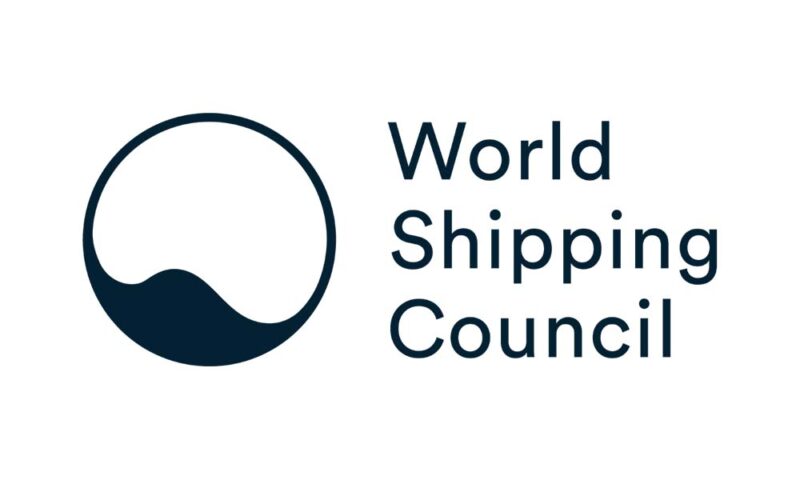
The World Shipping Council has welcomed a recent unprecedented global agreement at the International Maritime Organization (IMO) as a critical next step toward shipping decarbonization.
Following a contentious and difficult debate, the IMO reached agreement on a measure to be finalized and adopted in October. The measure establishes a GHG fuel standard and framework that, if adopted, will require continuous reductions in GHG fuel intensity beginning in 2028 with ongoing reductions over the next two decades.
IMO is poised to move forward on a topic that has evaded legally binding standards in many other fora for decades.
“This is a major milestone for climate policy and a turning point for shipping. Our industry has long been labelled as ‘hard to abate,’ but record industry investment and a new global measure can turn the tide on that,” stated World Shipping Council President & CEO Joe Kramek.
“Recent outcomes from the IMO mean global regulations can now begin to leverage the record industry investment to meet decarbonization targets,” Kramek added.
Challenging issues
WSC’s Vice-President and lead IMO representative Bryan Wood-Thomas commended the ability of IMO to reach agreement on one of the most challenging issues in the history of the Organization.
“Most importantly, the regulations also provide a mechanism that encourages the use of cleaner zero and near-zero fuels and energy sources,” Bryan Wood-Thomas said.
Key facts
- There are nearly 200 renewable-capable liner ships on the water today, and an additional 700 to be delivered by 2030.
- Shipping accounts for 2-3% of global GHG emissions.
